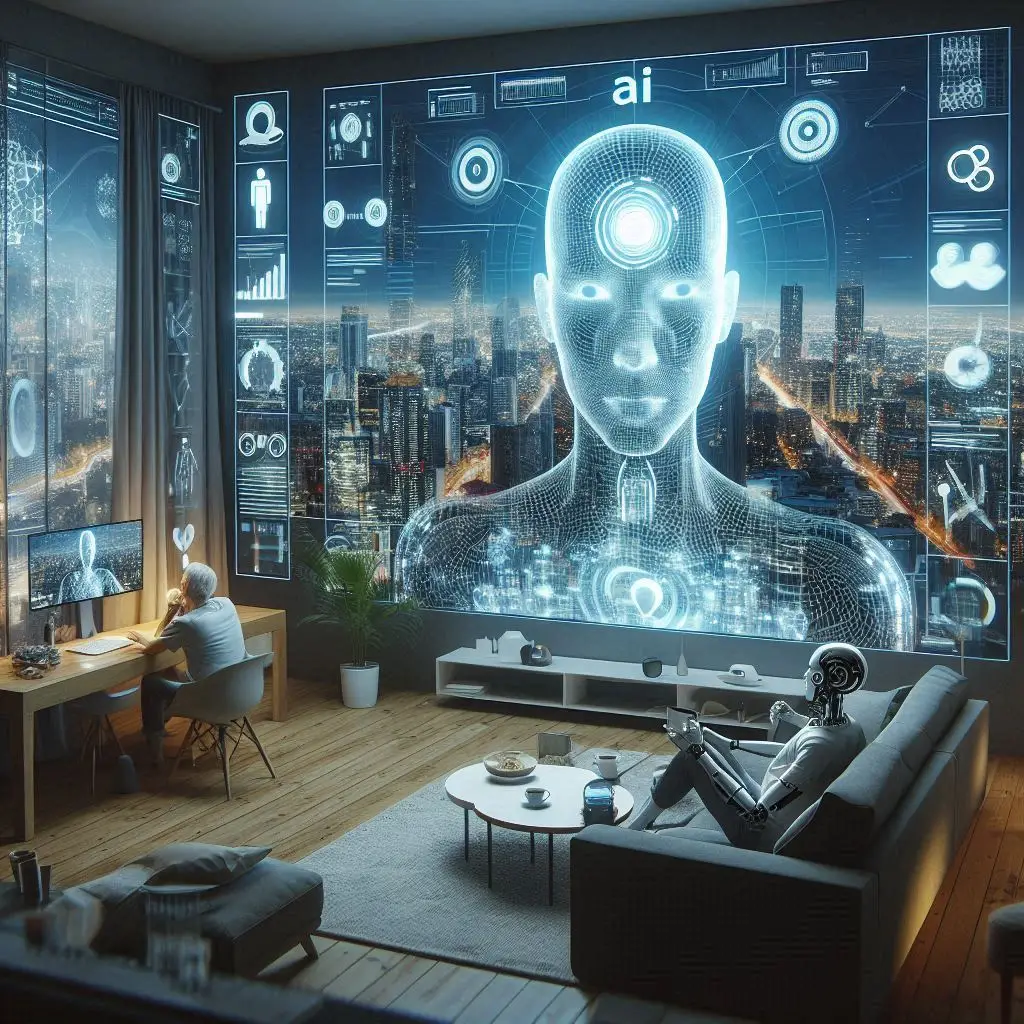The Future of AI in Everyday Life: What to Expect by 2030
Artificial Intelligence (AI) is no longer just a buzzword used in tech conferences and academic settings. It’s now a part of our daily lives, affecting how we shop, communicate, work, and receive healthcare. As we move toward 2030, AI is expected to be even more integrated into society, changing almost every industry and shaping how we interact with the world.
AI in Personal Assistants Will Go Beyond Siri and Alexa
Virtual assistants like Siri, Alexa, and Google Assistant have already made digital interactions easier. However, by 2030, these assistants will become context-aware companions. They will understand not only commands but also intentions, moods, and environments.
Imagine a virtual assistant that can tell when you’re stressed. It could adjust your schedule, dim the lights, and play relaxing music, all without you having to ask. Thanks to improvements in natural language processing (NLP) and emotion AI, this kind of smart support is not far off.
Healthcare Will Be Revolutionized by Predictive AI
AI is set to change healthcare from a reactive model to a predictive one. Rather than diagnosing diseases after symptoms appear, AI systems will use real-time data from wearable and medical records to predict illnesses and suggest preventative actions.
Startups are already creating tools that use machine learning to spot early signs of heart disease, diabetes, and even some cancers. By 2030, these technologies might become standard in primary care, potentially increasing life expectancy and enhancing quality of life.
AI in Education: Personalized Learning at Scale
Traditional classrooms often follow a one-size-fits-all approach. With AI, education can be customized to each student’s pace, learning style, and interests. By analyzing performance data, AI can recommend resources, adjust lessons, and provide immediate feedback.
Tools like adaptive learning platforms and AI tutors are becoming more common in schools around the world. In the next decade, AI could help close learning gaps and make education more accessible, especially in under served areas.
AI and the Workforce: Disruption and Opportunity
While concerns about job loss from automation are valid, the AI revolution also presents opportunities. According to the World Economic Forum, AI could eliminate 85 million jobs by 2025 but create 97 million new ones.
The focus will be on retraining and upskilling the workforce. Careers in AI ethics, algorithm auditing, data labeling, and human-AI collaboration will likely grow. Fields such as cybersecurity, healthcare, and clean energy are expected to benefit from this shift powered by AI.
Ethical Challenges and the Road Ahead
With great power comes great responsibility. As AI systems become more independent, worries about bias, privacy, and accountability increase. Policymakers, developers, and ethicists will have to work together to create standards that ensure AI is transparent, fair, and helpful for everyone.
Open-source projects and global AI ethics councils are already in the works to tackle these issues, but there is still much more to be done.
Conclusion
AI is on its way to being as common and transformative as the internet. While it holds immense potential to improve our lives, it also raises important questions about how we manage and govern this powerful technology. By 2030, AI won’t just be a tool; it will be a trusted partner in our daily choices, as long as we develop it responsibly.
Author Bio
Anish Khan is a tech blogger and founder of TechBoltX a site that aims to simplify AI, cybersecurity, and digital trends for everyday users.
